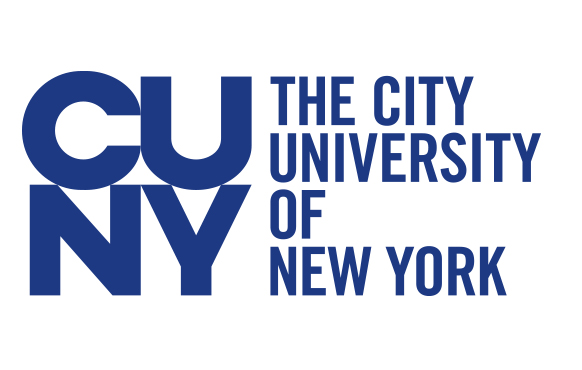WASHINGTON—In a 3-1 party-line vote Jan. 25, the National Labor Relations Board reversed an Obama-era decision and held that SuperShuttle airport-van drivers in the Dallas-Fort Worth area are independent contractors and thus can’t legally form a union.

In SuperShuttle DFW Inc., the board dismissed Amalgamated Transit Union Local 1338’s appeal of a 2010 NLRB ruling that the 88 SuperShuttle drivers it was trying to organize were independent contractors. The board’s three Trump appointees held that the drivers were entrepreneurs, not employees, because they owned their own vans, could set their own schedules, and took the risk of losing money when they got into the business.
In doing so, it voided a 2014 NLRB decision that a key principle in determining whether workers were employees or independent entrepreneurs was whether they genuinely were “rendering services as part of an independent business”—and not just defined as independent contractors by their employer to evade labor laws that cover employees, such as minimum wage and the right to form a union.
The ATU had argued that the drivers were not independent, because the SuperShuttle Dallas-Fort Worth franchise exerted “substantial control over drivers—and significantly restricts their entrepreneurial opportunities.”
In 2005, the company converted from hiring drivers as direct employees to hiring them as franchisees. They were able to keep all fares collected, but they had to buy or lease their own vans; pay for their own gas and maintenance; pay SuperShuttle $575 a week for the right to operate at both airports in the metropolitan area, plus another $100 a week to cover fees; wear uniforms; and could only get fares through SuperShuttle’s communications system. Drivers could not alter SuperShuttle’s fares and were not allowed to work for any other company.
“The drivers perform work that is the core part of SuperShuttle’s business, subject to a non-negotiable ‘unit franchise agreement’ that pervasively regulates their work,” board member Lauren McFerrin wrote in dissent. “SuperShuttle’s drivers are not independent in any meaningful way, and they have little meaningful ‘entrepreneurial opportunity.’”
She charged that the board’s majority was subordinating the law to “a particular vision of supposed ‘economic reality’ where workers are deemed ‘entrepreneurs’ and labor law, irrelevant.”
The majority said the drivers had clearly acknowledged they were independent contractors, because the franchise agreement they had to sign each year explicitly stated that “FRANCHISEE IS NOT AN EMPLOYEE OF EITHER SUPERSHUTTLE OR THE CITY LICENCEE” and that “IT IS ACKNOWLEDGED THAT FRANCHISEE IS THE INDEPENDENT OWNER OF ITS BUSINESS.” It also cited that SuperShuttle doesn’t deduct taxes from drivers’ paychecks or give them paid sick time, vacation, or any benefits as further proof that they are not employees.
The ATU declined to comment on the decision, saying it was no longer involved.
Management-side law firms Jackson Lewis and Ogletree, Deakins, Nash, Smoak & Stewart hailed the ruling. Two Ogletree Dawkins lawyers called it “a decision friendly to businesses—particularly those operating in the gig economy.”
“This decision likely offers the greatest benefit to businesses that engage workers to provide temporary or short-term services,” Jesse R. Dill and Bernard J. Bobber of the firm’s Milwaukee office wrote in National Law Review Jan. 28. “These types of businesses, including those providing services in the ‘gig economy,’ are now more likely able to avoid union organization and charges of unfair labor practices under the National Labor Relations Act.”
The decision applies only to union or other workers’ collective activity covered by federal labor laws, the two noted, not to their status under state law or federal wage and hour laws. However, it could set a precedent benefiting Uber, which hires drivers on a similar model.
Four states, California, New Jersey, Massachusetts, and Connecticut, have a stronger standard, according to the National Employment Law Project. Their wage and hour laws use what’s called the “ABC test,” which presumes that workers are employees unless they are (A) free from control by the employer they’re doing work for; (B) doing work that is outside that employer’s usual course of business; and (C) engaged in an independently established business. Washington’s legislature held hearings on a similar bill Jan. 28.
According to NELP, about half the states, including Washington, use some version of the ABC test in determining whether workers are eligible for unemployment benefits, and about 10 states apply it within a particular sector, typically construction or landscaping.



